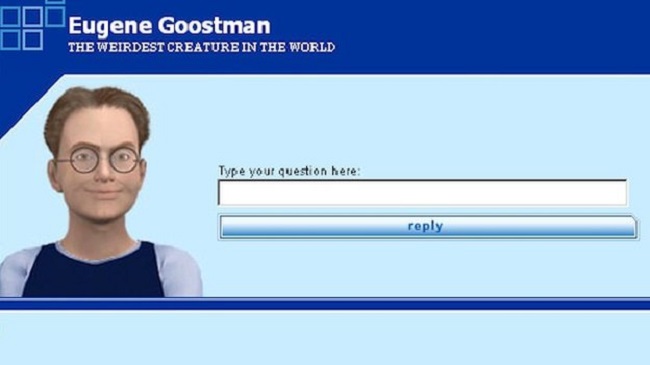
The Turing test, named after the father of computer science, Alan Turing, is an experiment that determines if a machine is “intelligent” depending on whether or not a human interrogator can tell its responses apart from those of a human being. No computer has ever passed the Turing test ─ until now.
A computer program simulating a 13-year-old Ukrainian boy named “Eugene Goostman,” successfully passed the Turing Test at an event organized by the University of Reading. The 65-year-old test is structured as a series of five-minute keyboard conversations in which interrogators ask questions and a judging panel determines if respondent is an AI or part of the human control group. The Turing Test is based on a Victorian-style competition called the imitation game that involves an interrogator trying to determine the participants’ gender based on question responses.
Successful completion of the Turing test depends on fooling more than 30% of judges into thinking the program is human. On June 7,2014, Eugene Goostman convinced 33% of the judges at the Royal Society in London, that he, or it, was human, and made history.
Kevin Warwick, a visiting professor at the University of Reading and deputy vice-chancellor for research at Coventry University, explains: “the words Turing test have been applied to similar competitions around the world. However, this event involved the most simultaneous comparison tests than ever before, was independently verified and, crucially, the conversations were unrestricted.” In its truest manifestation, the Turing Test does not set its questions or topics prior to the conversation.
An official Turing Test AI competition was established in 1990 by New York businessman Hugh Loebner, awarding $100,000 to the creator of machine capable of passing the test. After 22 years of stagnation, Eugene Goostman finally won. Eugene was created by Russian-born, U.S. resident Vladimir Veselov, in conjunction with Ukranian-born, Russian resident Eugene Demchenko. There’s no indication if the Loebner prize fund has grown with inflation.
Via BBC
Advertisement
Learn more about Electronic Products Magazine





